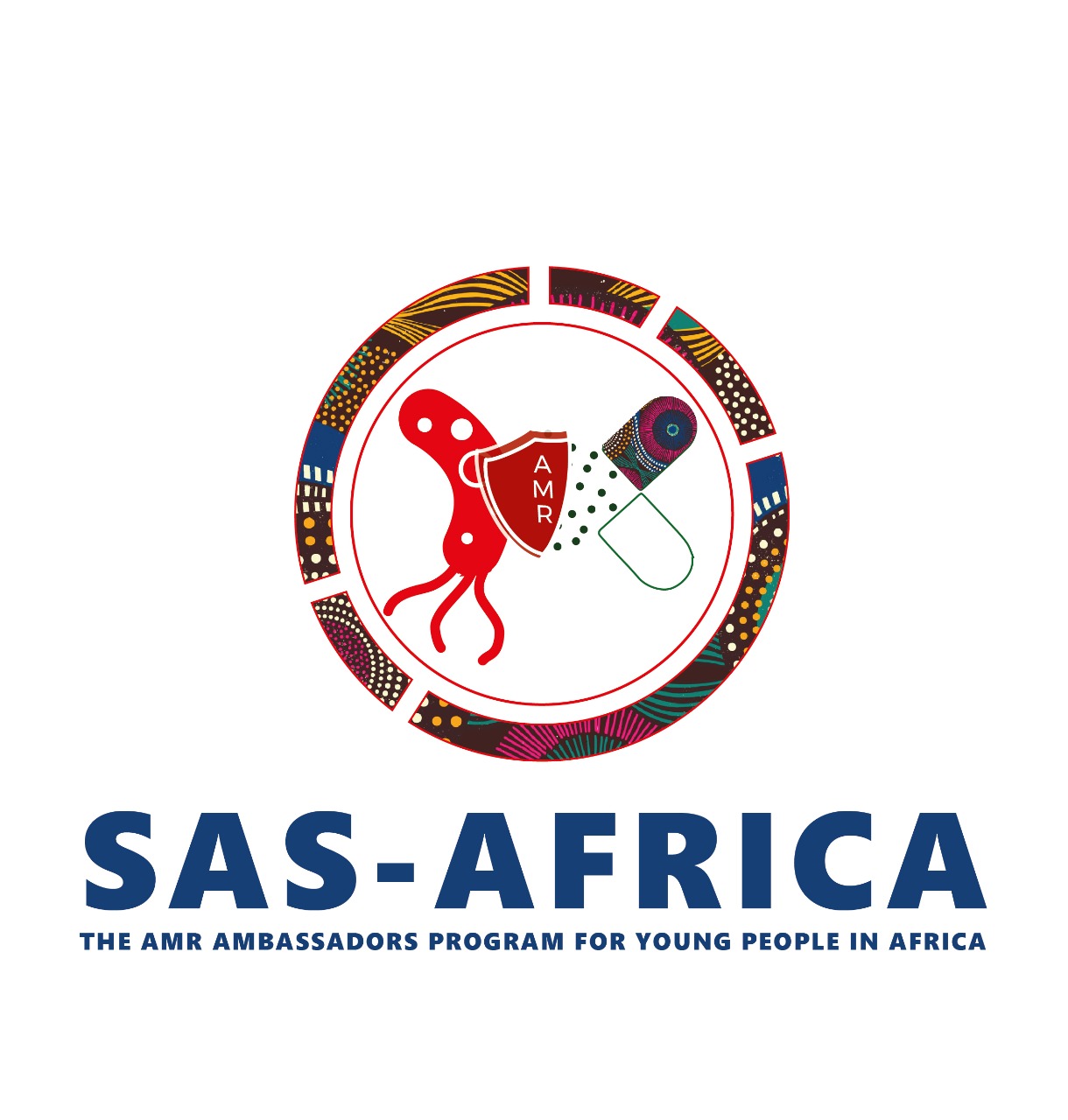ABOUT THE PROGRAM
The AMR Ambassadors Program for Young People in Africa
The AMR Ambassadors Program for Young People in Africa is a nine-month fenced program that seeks to empower tertiary level students from different faculties across the entire African continent to be active AMR champions! The program seeks to engage, and empower students pursuing health-affiliated courses as well as those pursuing non-health affiliated courses. The program is being implemented by Students Against Superbugs Africa with support from the PAR Foundation.
At Students Against Superbugs Africa, we strongly believe that each one of us can play an active role in the fight against Antimicrobial resistance and we are keen to show the world how collaborative and multidisciplinary engagement among young people can yield highly successful results especially in the African continent. We encourage applications from all students in universities and colleges in Africa irrespective of your course or profession background. Each one of us has a great role to play in the fight against the Antimicrobial Resistance pandemic.
The program is divided into three major phases
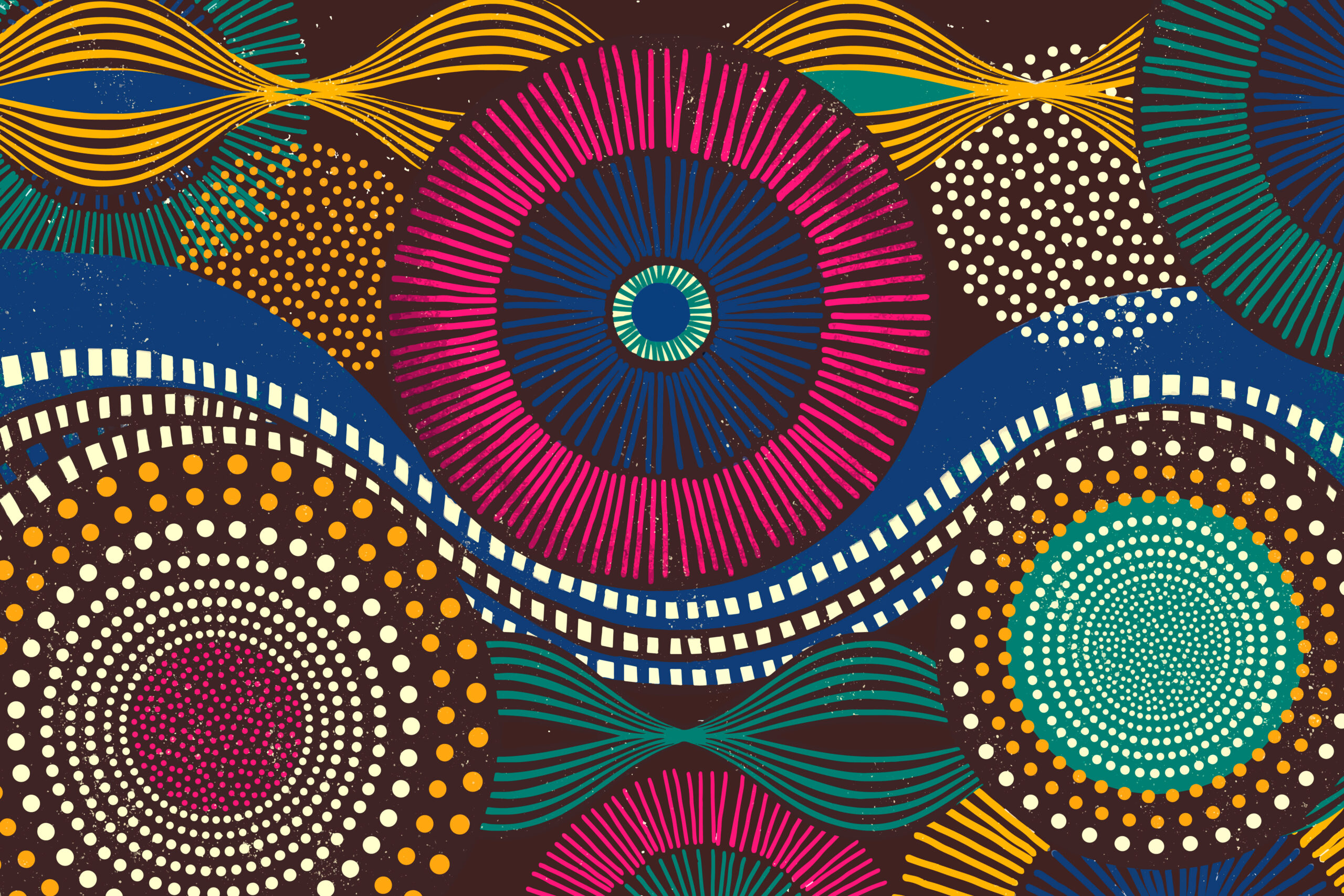
PHASE 1 OF THE PROGRAM
Duration and Time commitment: This phase will run from September 2022. December 2022. Participants will be expected to commit an estimated 8 – 9 hours every week.
Phase 1 of the program will serve as the foundation and cornerstone to equip all participants with knowledge on Antimicrobial Resistance (AMR), challenges that contribute to the rise in AMR, efforts that can be employed to curb this pandemic, as well as other cross-cutting issues in global health. At the end of this phase, each participant will have a good understanding of Antimicrobial Resistance and the complexities associated with it.
Additionally, the participants will also be equipped with critical skills, through targeted activities. These skills are to help them unleash their potential, mould them into young leaders, and as a result engage sustainably and effectively in actions to curb AMR.
Some of the skills include:
Problem solving skills ie. Critical, creative thinking, decisiveness, and analytical skills
Time Management
Priority setting, and decision making
Communication,and public speaking skills
Relationship/team building
Dependability
This phase will also involve a variety of activities such as:

Before each webinar session, participants will be equipped with relevant reading materials to improve their overall understanding of the topic to be addressed so that they can contribute actively during the sessions.
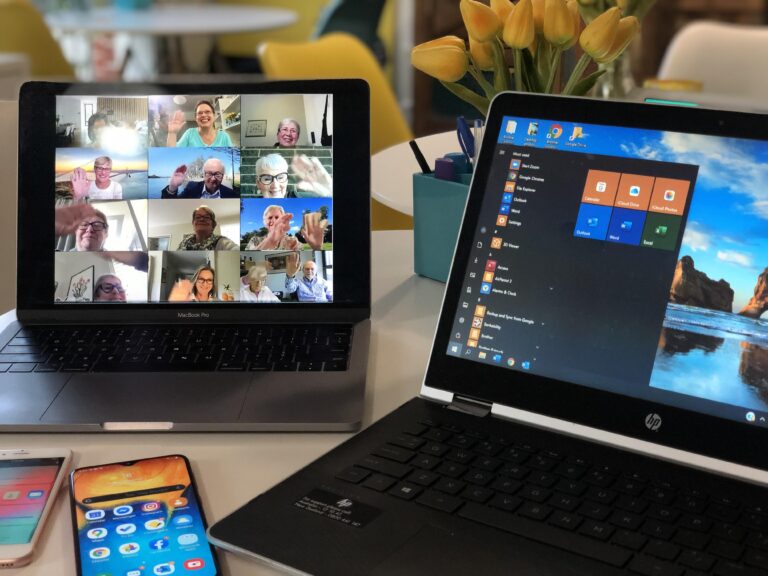
This will be interactive sessions with key experts in AMR and other relevant fields. Most of the experts will also serve as mentors therefore they will have a close relationship and interactions with the students.
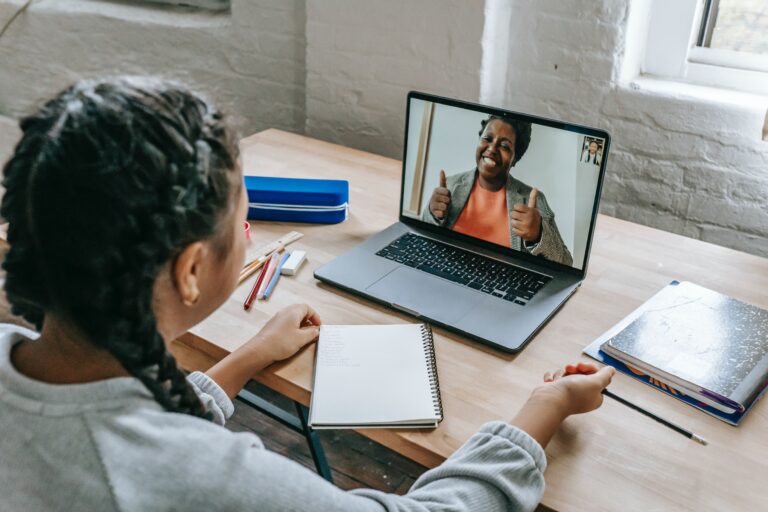
Participants will also take part in virtual discussions at the end of every week to review the remote learning materials, share key learnings, cross-pollinate ideas, and brainstorm and ideate on potential interventions for key problems identified. The discussions will be student-led.
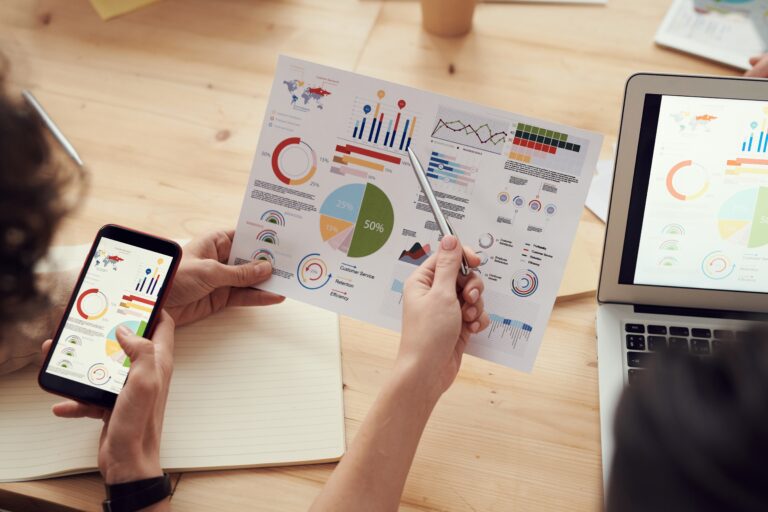
The participants will be tasked to work on targeted tasks where each group will present their work at the end of the phase. This is to reinforce understanding of key issues, refine their teamwork skills, and help them realise the positive yields of multidisciplinary engagement.
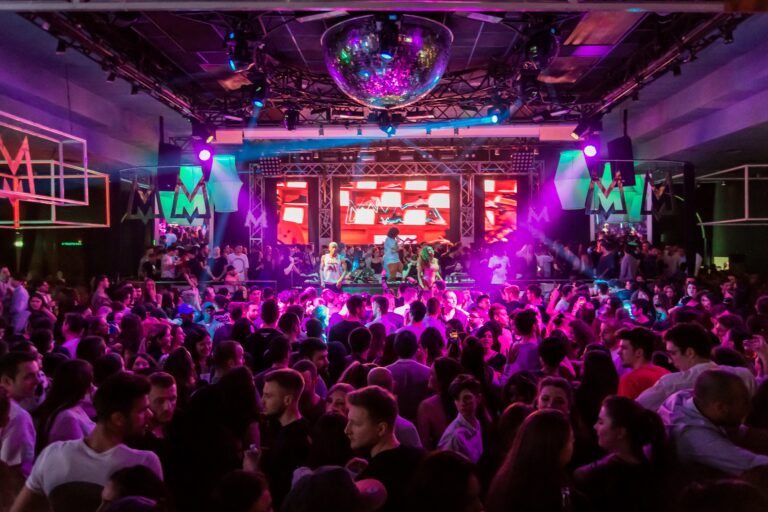
- We are not only focused on equipping young people with leadership skills but we are also keen in building a family of young people who understand and closely relate with each other. We believe that teamwork becomes easier when people are friends! Through these close connections, we hope to build a movement of young people across Africa who can maintain the same spirit of advocacy and altruism even after completing their studies. It is our hope that many partnerships will be forged post-program.

PHASE 2 OF THE PROGRAM
Duration and Time Commitment: This phase will run from January 2023 up to the end of February 2023. Participants will be expected to commit an estimated 7 – 8 hours every week in the program.
In phase 2, the participants will transition into topics that will be hugely focused on designing and effective project management. Equipped with knowledge on AMR and key skills, the participants will be challenged to identify how their professional expertise/course background can contribute in mitigation of Antimicrobial Resistance. They will learn more about design elements, design thinking, systems thinking, project management, and other key skills. The major objective will be to nurture their creativity and innovation.
Participants will then engage in groups of 3 – 5 people and are tasked to ideate and generate proposals of innovative interventions that could help mitigate Antimicrobial Resistance from different aspects. The group members will each contribute their professional expertise in development of the intervention. Each group will also be assigned a mentor/advisor to assist them in the process.
Each group will have the opportunity of presenting their work in an open workshop where key stakeholders in AMR will be invited. The proposals will be shared with the potential stakeholders to help them refine and improve the proposed interventions and hopefully facilitate their intervention.

PHASE 3 OF THE PROGRAM
Duration and Time Commitment: This phase will run for 3 months from the beginning of March 2023 up to the end of April 2023. Participants will be expected to commit an estimated 8-9 hours every week in the program.
This phase will be a blend of virtual and physical activities. Participants will mostly engage with local mentors at their local communities. The activities in this phase will be carried out in the groups that the participants applied for the program in.
Each group will be offered funding of an estimated country equivalent of 750 Euros (inclusive of transaction costs). With this funding, the participants will be challenged to ideate, seek for more funding, and implement a creative project aimed at kick-starting sustainable and catalytic AMR activities in their institutions, surrounding institutions, and local communities. The student projects will offer more inference and experience on a post-program intervention of building local youth network clubs across tertiary institutions in Africa
In-house Competition, and Awards
During the closing ceremony, the best group in terms of active engagement throughout the program, and effective implementation of the local physical project will be awarded a country equivalent of 700 Euros (inclusive of transaction costs). This will be determined by a scoring system that will be maintained from the beginning of the system and an expert panel that will evaluate the implementation of each local project in terms of its sustainability, potential for scale-up and among other factors. The second best group or First runners up will also be awarded a country equivalent of 500 Euros (inclusive of transaction costs). The two groups will be announced during the program’s closing ceremony.



